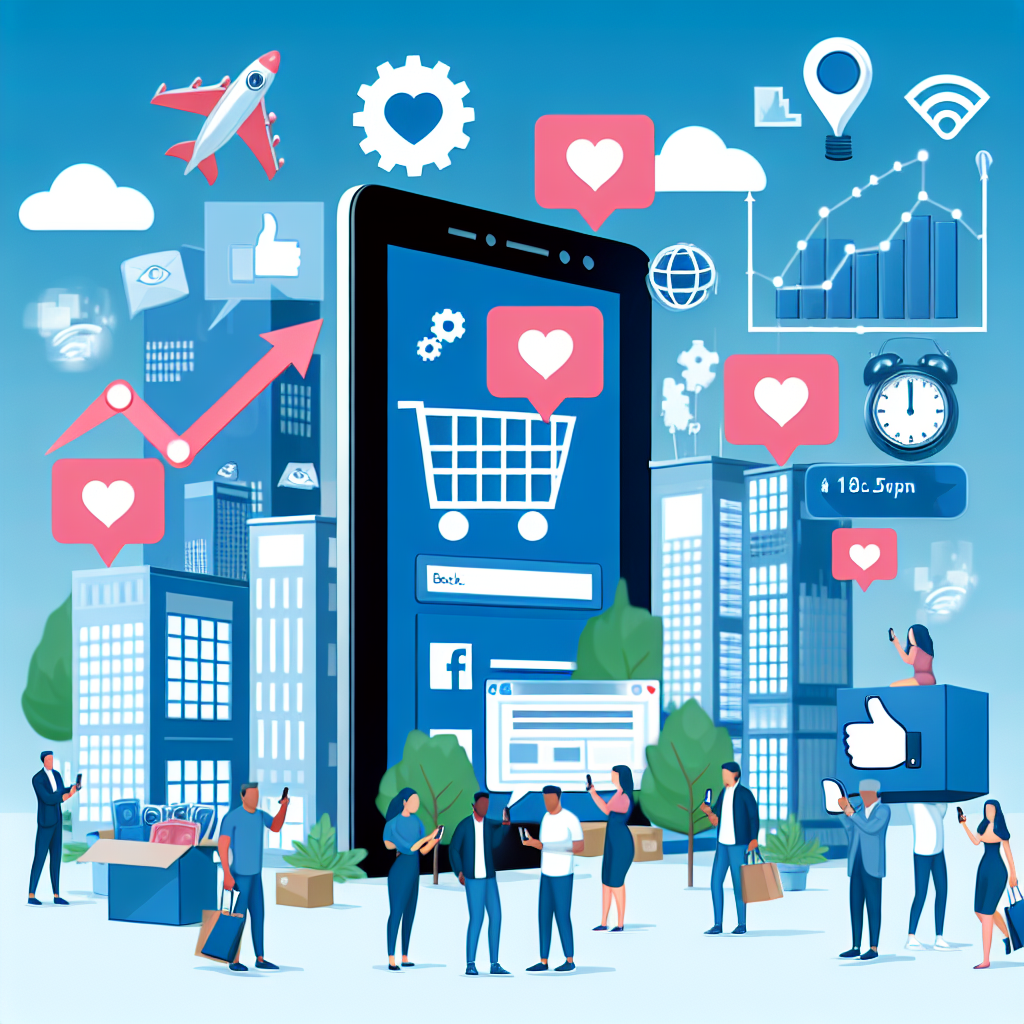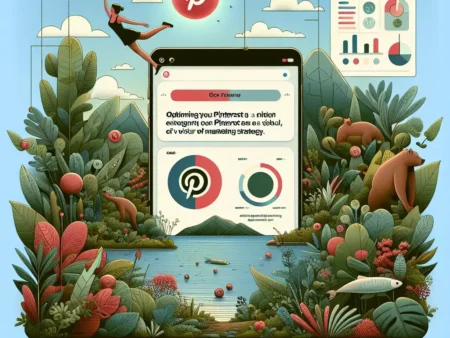Media sosial mempengaruhi perilaku konsumen dengan mempercepat penyebaran informasi, mempengaruhi keputusan pembelian, dan membangun interaksi antara merek dan konsumen.
Dampak Media Sosial terhadap Perilaku Konsumen
-
Table of Contents
The Impact of Social Media on Consumer Behavior in Indonesia

Introduction
Social media has become an integral part of our daily lives, transforming the way we communicate, interact, and consume information. In Indonesia, the rise of social media platforms has had a profound impact on consumer behavior. This article explores the various ways in which social media has influenced consumer behavior in Indonesia, from shaping purchasing decisions to influencing brand loyalty.
1. Social Media as a Source of Information
Social media platforms such as Facebook, Instagram, and Twitter have become go-to sources of information for Indonesian consumers. With the ease of access to information and the ability to follow brands and influencers, consumers can stay updated on the latest trends, product launches, and promotions. This has significantly influenced their purchasing decisions, as they are more informed about the products and services available in the market.
Moreover, social media platforms have also become a platform for consumers to seek recommendations and reviews from their peers. Online communities and groups dedicated to specific interests or products allow consumers to share their experiences and opinions. This social proof plays a crucial role in shaping consumer behavior, as positive reviews and recommendations can influence others to try a particular product or service.
2. Influencer Marketing
Influencer marketing has gained immense popularity in Indonesia, with brands collaborating with social media influencers to promote their products or services. Influencers have a significant impact on consumer behavior, as their followers trust their recommendations and opinions. By partnering with influencers, brands can reach a wider audience and create a sense of authenticity and credibility.
Consumers in Indonesia often look up to influencers as role models and aspire to emulate their lifestyle and choices. This has led to the rise of aspirational consumption, where consumers purchase products or services endorsed by influencers to align themselves with their desired image. Influencer marketing has become a powerful tool for brands to connect with their target audience and drive consumer behavior.
3. Social Media Advertising
Social media platforms offer targeted advertising options, allowing brands to reach their desired audience based on demographics, interests, and behavior. This level of precision targeting has revolutionized advertising in Indonesia, as brands can tailor their messages to specific consumer segments. Social media advertising has the advantage of being cost-effective and measurable, making it an attractive option for brands of all sizes.
Moreover, social media advertising allows for interactive and engaging content formats such as videos, carousel ads, and interactive polls. This not only captures the attention of consumers but also encourages them to take action, such as making a purchase or visiting a physical store. The seamless integration of advertising within the social media experience has made it an effective tool for influencing consumer behavior.
4. Social Commerce
Social media platforms have evolved beyond being just sources of information and communication channels. They have become full-fledged e-commerce platforms, enabling consumers to make purchases directly within the social media app. In Indonesia, platforms like Instagram and Facebook have introduced features such as “Shop Now” buttons and in-app checkout, making it convenient for consumers to browse and buy products without leaving the platform.
This integration of social media and e-commerce has transformed consumer behavior, as it offers a seamless and frictionless shopping experience. Consumers can discover products through social media posts, read reviews, and make purchases with just a few taps. This has led to impulse buying and increased online shopping, as social media platforms have become virtual marketplaces.
5. Building Brand Loyalty
Social media has become a powerful tool for brands to build and maintain customer loyalty in Indonesia. By engaging with consumers through social media platforms, brands can create a sense of community and foster a deeper connection with their audience. Regular updates, personalized content, and interactive campaigns help brands stay top-of-mind and build long-term relationships with their customers.
Moreover, social media allows brands to provide customer support and address queries or concerns in real-time. This level of responsiveness and transparency enhances customer satisfaction and loyalty. Brands that actively engage with their audience on social media are more likely to retain customers and generate positive word-of-mouth, further influencing consumer behavior.
Summary
Social media has had a significant impact on consumer behavior in Indonesia. It has become a primary source of information, influencing purchasing decisions through recommendations and reviews. Influencer marketing has emerged as a powerful tool, shaping consumer behavior by leveraging the trust and influence of social media influencers. Social media advertising offers targeted and engaging content, driving consumer actions. The integration of social media and e-commerce has transformed the way consumers shop, leading to increased online purchases. Lastly, social media helps build brand loyalty through engagement and customer support.
As social media continues to evolve, it will undoubtedly continue to shape consumer behavior in Indonesia and around the world. Brands must adapt to this changing landscape and leverage the power of social media to connect with their target audience and influence their purchasing decisions.







